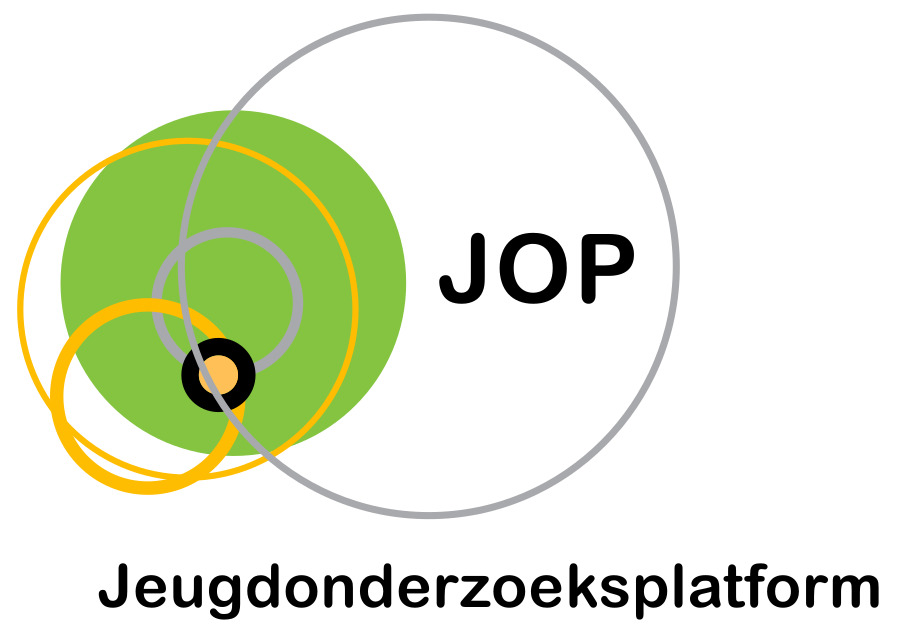Connected and satisfied. The relationship between ethnic connectedness, life satisfaction and ethnic school composition among adolescents from nine ethnic groups.
Auteurs
Mastari, L., Spruyt, B., Keppens, G., Van Droogenbroeck, F., Emery, L., & Siongers, J. (2021).

Abstract
Voor jongeren met een migratieachtergrond is het nog nooit zo eenvoudig geweest om een band met het land van herkomst te creëren en te behouden (verder: gevoelens van etnische verbondenheid). Eerder onderzoek toonde reeds het belang van dergelijke gevoelens van etnische verbondenheid voor het subjectieve welzijn van (jonge) mensen. In deze studie onderzoeken we of de relatie tussen de aanwezigheid en de mate van etnische verbondenheid en levenstevredenheid wordt gemodereerd door de etnische schoolsamenstelling. We bestuderen deze relatie door multilevelanalyses uit te voeren voor 2091 adolescenten (in de leeftijd van 14-18 jaar) uit negen verschillende etnische groepen. Onze resultaten tonen op twee manieren het belang van de etnische samenstelling van de school. Ten eerste is het aandeel adolescenten uit de eigen etnische groep op school gerelateerd aan een hogere levenstevredenheid. Ten tweede wordt de relatie tussen levenstevredenheid en de aanwezigheid van etnische verbondenheid gemodereerd door de mate waarin scholen etnisch divers zijn. Meer specifiek hebben etnisch diverse scholen een positieve invloed op de levenstevredenheid van jongeren die zich verbonden voelen met hun etnische groep, terwijl etnische diversiteit op school negatief gerelateerd is aan de levenstevredenheid van jongeren die zich niet verbonden voelen met hun etnische groep. In de conclusie gaan we in op de implicaties van onze bevindingen.
For young people with a migration background it has never been easier to create and maintain a bond with their country of origin (further: feelings of ethnic connectedness). Previous research has already revealed the importance of such feelings of ethnic connectedness for (young) people’s subjective wellbeing. In this study we investigate whether the relationship between the presence and the degree of ethnic connectedness and life satisfaction is moderated by the ethnic school composition. We study this relationship by performing multilevel analyses on 2091 adolescents (aged 14–18 years old) from nine different ethnic groups. Our results shed light on the importance of the ethnic composition of the school in two ways. First, the proportion of adolescents from one’s own ethnic group at school is related to higher life satisfaction. Second, the relationship between life satisfaction and the presence of ethnic connectedness is moderated by the extent to which schools are ethnically diverse. More specifically, ethnically diverse schools have a positive influence on the life satisfaction of young people who feel connected to their ethnic group, whereas ethnic diversity at school is negatively related to life satisfaction among young people who do not feel connected to their ethnic group. In the conclusion we elaborate on the implications of our findings.
Referentie
Mastari, L., Spruyt, B., Keppens, G., Van Droogenbroeck, F., Emery, L., & Siongers, J. (2021). Connected and satisfied. The relationship between ethnic connectedness, life satisfaction and ethnic school composition among adolescents from nine ethnic groups. International Journal of Intercultural Relations, 80, 250–261.
Taal
Engels
Publicatievorm
Tijdschriftartikel
ISBN – DOI
10.1016/j.ijintrel.2020.12.005
Trefwoord(en)
Etnische identiteit, adolescentie, schoolcontext, levenstevredenheid, subjectief welbevinden
